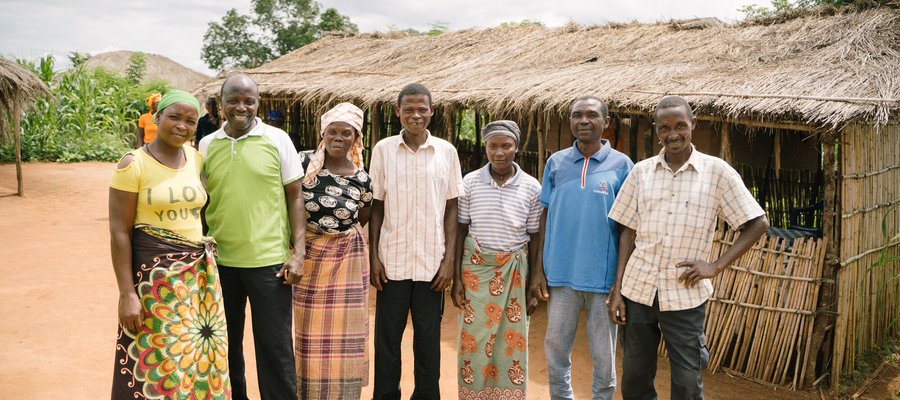Safeguarding
Safeguarding

Our Commitment
The Leprosy Mission (TLM) is committed to the safeguarding and protection of everyone we work with, including beneficiaries, volunteers, TLM staff and the staff of partner organisations.
We are committed to protecting the dignity and rights of every person. Safeguarding is our top priority in everything we do and we believe that it never acceptable for children, young people and adults to experience abuse of any kind.
We seek to understand and model best practice in global standards for safeguarding and whistleblowing. Our global policies – Safeguarding Children and Vulnerable Adults Policy, Safeguarding Procedures, Bullying and Harassment Policy, Whistleblowing Policy, and Code of Conduct - are reviewed regularly. The last review was approved by the Global Fellowship Board in November 2020.
Read our Safeguarding Policy >
Read our Code of Conduct >
Safeguarding at The Leprosy Mission
We have a zero-tolerance approach to serious misconduct.
We will not tolerate any form of violence, abuse, harassment or exploitation from our staff or any representatives associated with our work or partners.
Our staff and representatives must ensure that their behaviour allows children, young people and adults to live free from harm, abuse, harassment, bullying or exploitation.
They are required to understand the importance of safeguarding by:
- upholding the dignity and respect of every person
- taking preventative steps to ensure a safe environment for all who come into contact with The Leprosy Mission
- responding quickly and appropriately to concerns raised
As an organisation, we regularly consider how we can improve the application of our policies in practice:
- We require all staff, volunteers and representatives to sign a Code of Conduct which lists the standards of behaviour expected. The Code of Conduct also lists behaviour that is not acceptable.
- We ensure all new staff and representatives receive safeguarding training as part of their induction.
- We provide annual refresher safeguarding training for all TLM staff and representatives.
- We work with partner organisations to ensure that we all meet safeguarding standards.
We have set up an independently-administered whistleblowing 24/7 hotline called ‘Safecall’ that anyone – TLM staff, volunteers and partner staff – can call to report potential incidents of misconduct and safeguarding concerns. The link to Safecall can be found here.
Reporting a concern
Any safeguarding allegation or concern must be treated seriously and reported as soon as possible. A concern can arise when abusive behaviour is observed or suspected, when an allegation is made or disclosed, or where there are signs and symptoms of suspected abuse.
Whether you are a member of staff, a beneficiary, or a member of the public, you can report any concerns about the behaviour of The Leprosy Mission staff or representatives by:
- Contacting the Local Designated Safeguarding Lead or your Local Safeguarding Trustee in your country. The named person and contact details are available through each country office.
- Contacting the International Office Global Designated Safeguarding Officer. Direct email: DSO@leprosymission.org
- Using our 24/7 Safecall service and telephoning 0800 915 1571 (UK calls only). If you are calling from outside the UK, you can find your local Safecall number by locating your country here.
All calls and reports to Safecall are treated in complete confidence by an independent team. They will not disclose your name without your permission and you can choose to remain anonymous. All concerns raised or reported with Safecall will be shared with The Leprosy Mission International at a senior executive level and will be investigated thoroughly. Action will be taken in line with our policies.
We are committed to conducting all activities with honesty and integrity and expect all staff to maintain high standards of conduct. However, all organisations face the risk of things going wrong from time to time. A culture of openness and accountability is essential in order to prevent such situations occurring and to address them when they do occur.
Our full Whistleblowing Policy is available to read here.